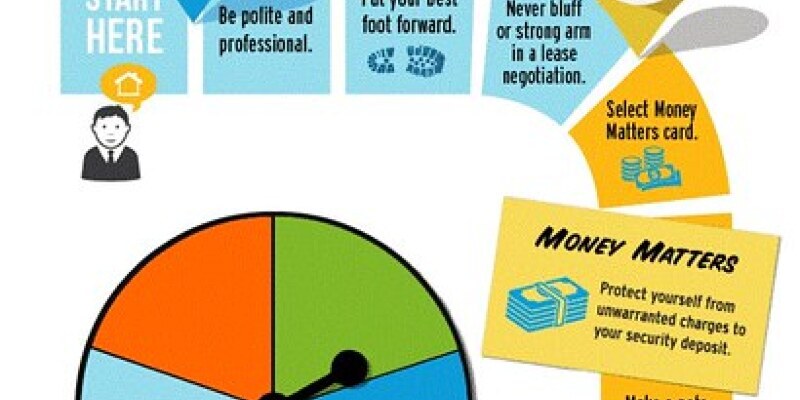When you sign a lease agreement, you are contracting with the landlord to pay money to live in the rental unit. Even if you are evicted, you are responsible for honoring that agreement and paying what you owe. This amount can complete or exceed 1 month’s rent after factoring in the cost for repairing settlement, going to court, and not paying any rent that’s owed during the eviction process.
Eviction Notices
A landlord can give you a written eviction notice for various reasons. If you are late on your rent, you will be given a three-day pay or quit notice, meaning you’ve got three full days to pay or vacate your property. You may get a three-day honour or quit notice, meaning you are doing something which violates the lease arrangement, like keeping a pet that is not permitted, and you will need to remedy the problem immediately or vacate. A three-day quit notice generally is served if you are doing activities that are prohibited or dangerous. If you don’t solve any of these issues within three days, your neighbor will take measures to legally evict you.
Eviction Procedure
If you do not solve the problem after three days, your neighbor will file a complaint in courtroom for illegal detainment. You’ll get a note of the complaint and receive five days to submit a reply back to the court. If you do not react, then a judge will give a default judgment against you. If you do respond, the court will set a hearing date. You and the neighbor will attend to show your own arguments. The judge will make a decision regarding the eviction, as well as assess what compensation the landlord is entitled to, including any unpaid rent.
Judgment
If the judge finds against you, then she will give the landlord a judgment of possession and decide on a date for you to vacate. Section of the judgment can include your duty to get unpaid rent, damages, fees and court costs. The landlord will likely submit the amount of unpaid rent in the date that you stopped paying to the real or estimated date that a new tenant moves in. Since the eviction process can take anywhere from 30 to 45 days, this amount will be more than a month’s rent. While the landlord can use your safety deposit to offset some of the debt, it’s entirely reasonable that the judge will likely find you responsible for another month or two of rent.
Small Claims Court and Collections
If you do not pay the amount given in the judgment, the landlord can file a lawsuit against you in tiny claims court. The landlord also can hire an lawyer to begin proceedings to examine your assets to prepare for a return to court to enforce the judgment. The landlord or the lawyer is able to turn your judgment over to a collections agency, who will try to work with you on payments. Failure to satisfy with the payment obligations will lead to a negative hit your credit score.
